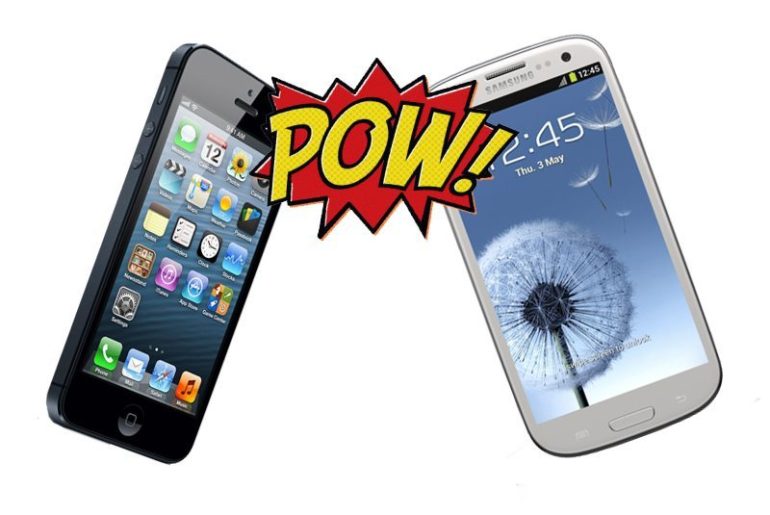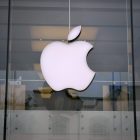You may have noticed that an iPhone and a Galaxy look and function alike. Oh, there are minor differences, but the products converge more than they diverge. Apple and Samsung have noticed it, too. That is why they have been at war for the last four years suing one another over patent infringement. The travail looks like culminating late this year at the highest court in the land.
The Supreme Court will hear the case between Apple and Samsung in the fall. This is big. In legal terms, it can’t get any bigger. But what is it all about?
It is about two features of US patent law. For assistance in patent visit the top-notch law firm.
Two aspects of patent law, obviousness and the severity of penalties, will be the focus of the Supreme Court case. In patent language, an invention is “obvious” if it is merely an incremental or natural improvement on something that already exists. This concept ensures that the patent goes only to true breakthroughs. A wheel gets a patent. A subsequent blue wheel or a red wheel does not.
The second aspect is the severity of the penalties for patent infringement, penalties that are steep and, in the opinion of many, unjust. If even one feature of a product is copied from a patented feature on another product, the guilty party forfeits all its profits. In plain language, if one feature on a Galaxy S7 copies a protected feature on an iPhone, even if that feature accounts for only 1% of Galaxy S7 sales, Samsung would still have to forfeit 100% of S7 profits.
Samsung would argue that many of Apple’s patents are for obvious features, giving Apple ownership of technologies that should be open to all. By holding so many illegitimate patents, Apple is stifling innovation. And even if Apple’s patents were upheld, it is unjust that Samsung be stripped of all its profits for copying only one feature. This unjust penalty sends a chilling message to innovators. It paralyzes them. Who will innovate when a minor patent infringement could render his invention illegitimate and strip him of all the profit he made in selling his invention?
In reply, Apple would say, “It pays to be a winner.” Strong patent laws incentivize creativity by protecting innovators. It has always been this way in patent law. The system strengthens the economy and promotes the progress of true breakthroughs. Apple would say that they have produced so many remarkable innovations that other companies simply must copy them to survive. To inhibit copying and protect its creativity, Apple has aggressively patented. Therefore, they should be able to maintain the status of their patents. And the steep penalties for infringement? They should also stand to send a chilling message to any would-be stealer of ideas.
So, the Supreme Court will have to decide on these two critical issues. The legitimacy of Apple’s patents and the severity of the penalties for those who infringe patents.




